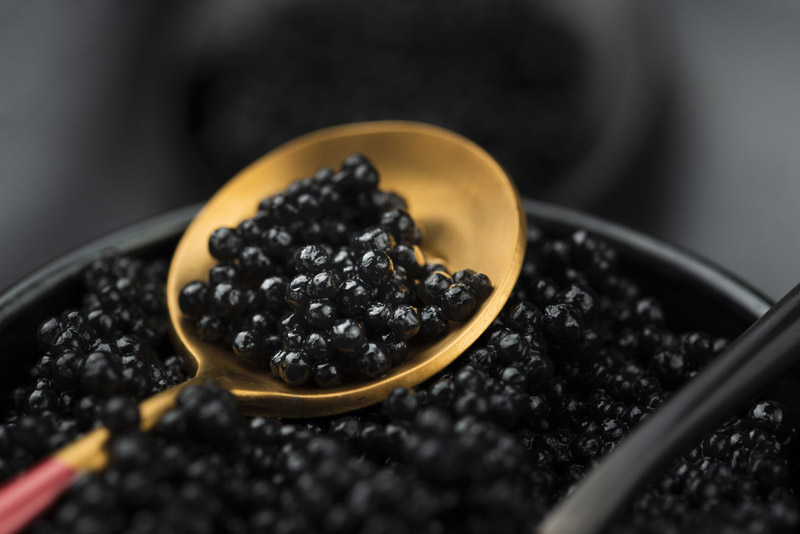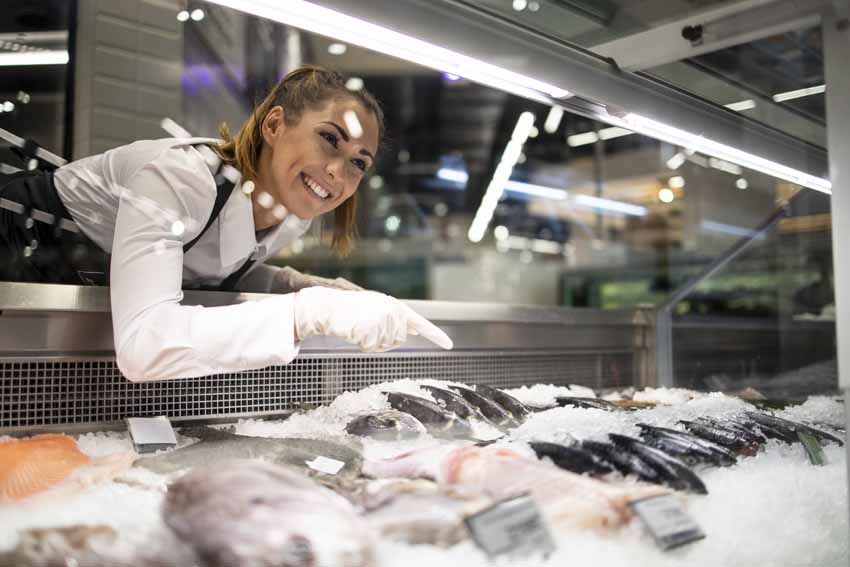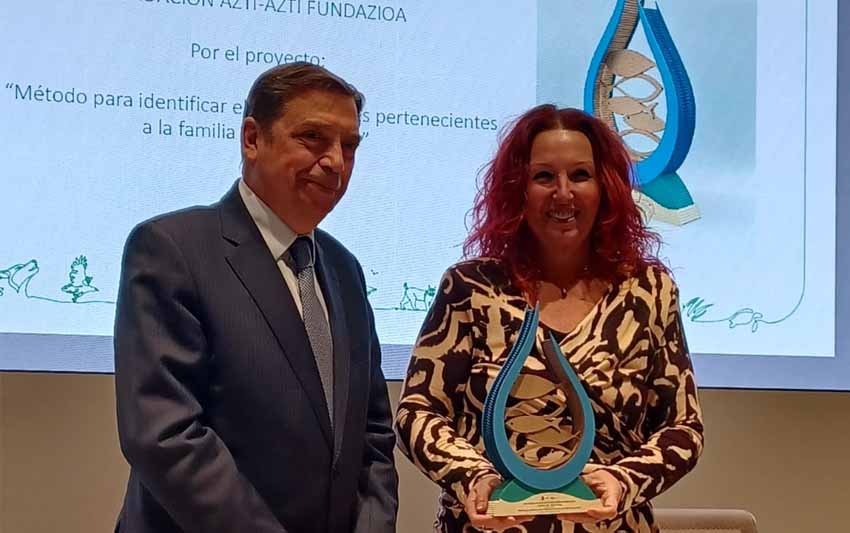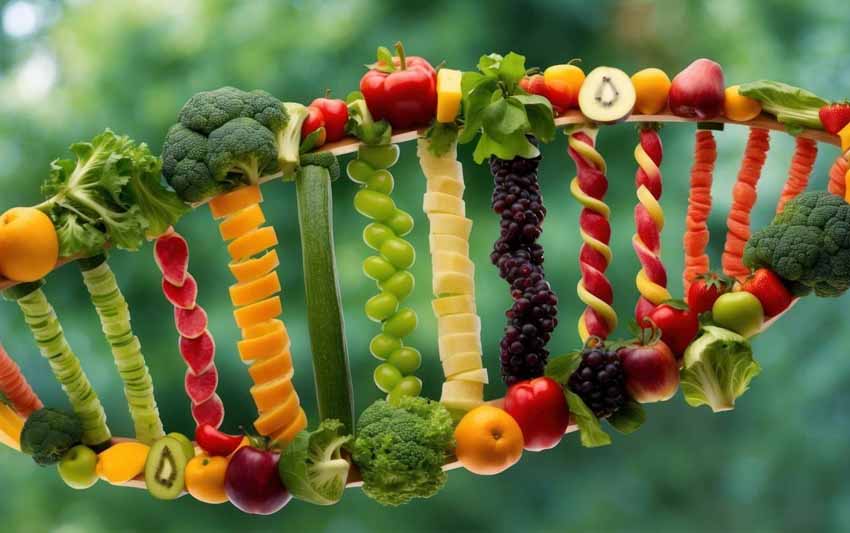AZTI Patents DNA-Based Method to Optimize Caviar Production via Early Sex Identification in Sturgeon
Últimas noticias
A pioneering genetic catalogue reveals hidden biodiversity in Basque estuary sediments
Uhinak Technical Committee Sets the Key Points for the 7th International Congress on Climate Change and the Coast
“We fishermen are the ones who earn the least”
- DNA-based innovation set to help aquaculture businesses cut costs and enhance sustainability in caviar farming
22 May 2025 – AZTI, a leading technology centre specialising in marine and food research, has developed and patented the world’s first real-time PCR-based method for early sex identification in sturgeon. This pioneering technique enables aquaculture producers to determine the sex of sturgeon (Acipenseridae) as early as 1 to 2 years of age, optimising breeding processes for the production of caviar—a high-value delicacy in the global gourmet market.
As only female sturgeon produce caviar, producers must traditionally raise both sexes for several years before being able to identify and select females, incurring significant costs in feed, space, and husbandry. Sturgeon farming is particularly resource-intensive, as females often take around eight years to reach reproductive maturity, depending on the species. Until now, sex identification has typically relied on ultrasound—a more invasive technique only viable at later stages of development.
AZTI’s novel method significantly streamlines this process. Using a small sample of tissue or blood, it detects a sex-specific genetic marker through real-time PCR analysis. The technology was developed in collaboration with Caviar Riofrío (a renowned Spanish caviar producer, part of the Osborne Group), a renowned Spanish producer which provided the sturgeon samples used for validation.
This innovation will allow aquaculture companies to focus resources on rearing females from an early stage, substantially reducing production costs. It also facilitates more tailored feeding and management strategies, improving efficiency and increasing the yield and profitability of caviar production.
“There was a clear need in the industry for an efficient and accurate method to determine sturgeon sex at early stages. This tool enables more sustainable, cost-effective caviar production,” said Miguel Ángel Pardo, AZTI researcher and specialist in food traceability and genetics.
The method has been successfully validated on 296 reference samples from various sturgeon species and is now protected under a patent application.








